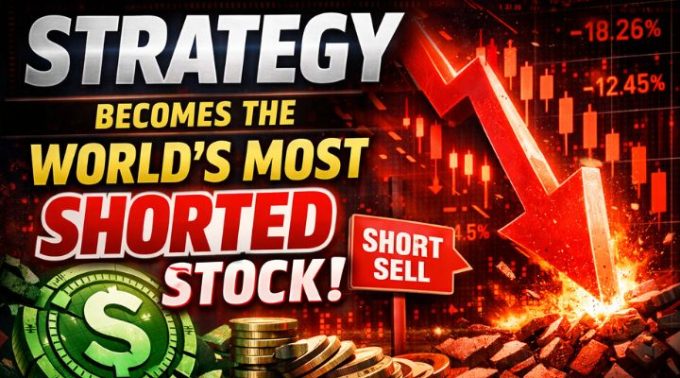SEC Vs Ripple: Well Begun Is Half Done
By Manoj Dharra
Crypto enthusiasts cheered recent court ruling in the Ripple case, but there are some gaps in the decision, which sector experts believe, can provide an opportunity for the market regulator to drive its point home and spoil the celebration.
Remember, a federal judge ruled on July 13 that certain offerings of Ripple’s XRP token directly to institutional investors violated the SEC’s rules, but that sales made to the public on exchanges didn’t.
For proponents of cryptocurrencies, the ruling is a partial win and confirms what they perceive to be Securities and Exchange Commission (SEC) overreach.
Meanwhile, the ruling in the San Francisco headquartered technology company has already created “ripple effects” in the global crypto industry with XRP being relisted by exchanges and it could impact the direction of ongoing US legislative and regulatory efforts, including SEC enforcement.
Ripple’s XRP token registered a 100 percent spike since the court outcome and its market cap has ballooned to $36 billion from $25 billion, taking its market share to 3.5% from 2% before the ruling.
SEC Crypto Crackdown
It was a major setback for the Securities and Exchange Commission (SEC), which has been waging battle against a number of exchanges, including Coinbase, Ripple Labs, Binance, Kraken, etc. in an effort to put all unregulated cryptocurrency-related products under its purview.
Well, the federal court’s decision that some XRP token transactions were not securities transactions put an obstacle in the regulator’s plans. The landmark judgment will aid Coinbase and other businesses in organizing opposition to the agency’s attempt to exert its authority over the sector, according to analysts.
Legal experts have opined that the SEC will appeal the decision to the 2nd U.S. Court of Appeals and work towards preventing judges – hearing other cases from ruling that other crypto assets sold on exchanges are not securities, given the stakes involved in the case against Coinbase and other issuers.
However, some legal experts have found the judgement being fair and believe any appellate court looking at this would amplify and endorse those rulings.
BofA on XRP-Court Ruling
Bank of America, in a research report released last week, underlined the importance of a comprehensive regulatory framework for mainstream adoption of digital assets and institutional engagement.
However, a U.S. court’s recent ruling against the Securities and Exchange Commission (SEC) in its lawsuit against Ripple Labs does little to clarify the situation, the bank said. While the digital asset industry welcomed the decision, “Ripple’s XRP offerings were unique” and “implications of the rulings are difficult to determine.”
BACKGROUND
A flash back on XRP vs SEC case: In 2013, there were 100 billion XRP tokens issued. 80 billion of these were allotted to Ripple. Ripple sold most of these XRP tokens while retaining some. The other 20 billion XRP tokens went to Ripple’s founders, who eventually sold some of these tokens.
Ripple sold XRP Tokens in the following ways:
- Institutional Sales: Ripple sold XRP directly to institutional buyers like hedge funds (Institutional Buyers), in accordance with written contracts.
- Programmatic Sales: In which Ripple offered XRP for sale using confidential bid/ask exchanges
- Other Distributions: Ripple distributed XRP as a means of payment for services (staff salaries, paying outside companies to create new XRP Ledger apps, etc.) In their own roles (Personal Sales), Ripple executives offered and sold XRP in separate transactions.
“The judge ruled that Ripple’s programmatic sale of XRP on digital asset exchanges did not constitute an unregistered offer and sale of investment contracts, but primarily because an initial unregistered offering and sale to institutional investors had already occurred that created a market,” BofA analysts Alkesh Shah and Andrew Moss wrote.
Further litigation is likely:
The court awarded summary judgement to the SEC on some claims and to Ripple on others, while yet other claims persisted and could now go to trial. Ultimately, both sides could try to have the parts of the verdict that were against them overturned via an appeal.
On a cautious note, both Ripple and SEC run the risk of setting a bad precedent in the event that they both file a second appeal and lose it.
However, much of what happens next hinges on how much dry powder Ripple Labs has available to invest in new business development activities.
You need to login in order to Like













